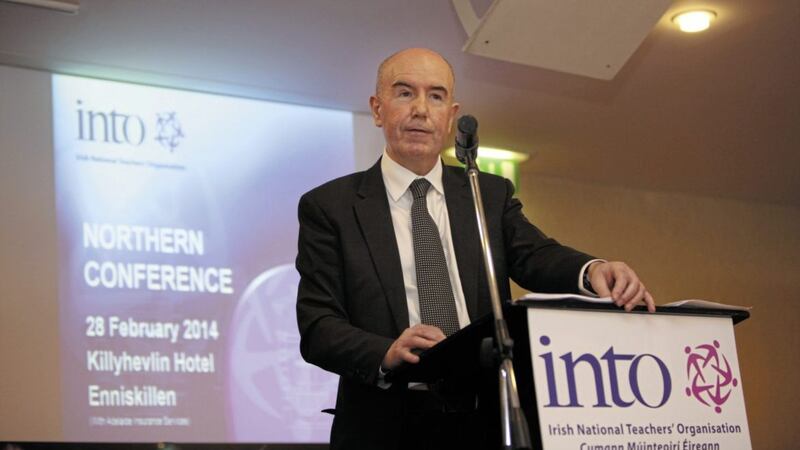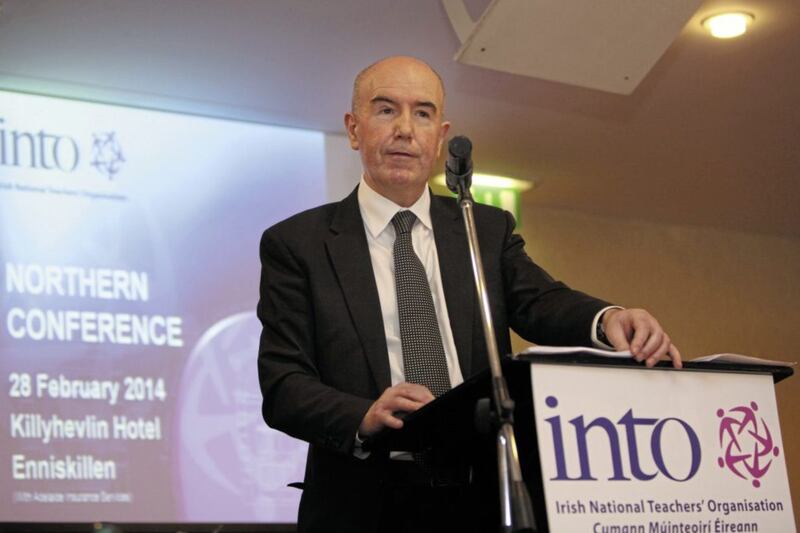A FORMER civil servant has been appointed to facilitate negotiations between religious orders and charities over their contributions to a redress scheme for survivors of institutional abuse.
Paul Sweeney, an ex-permanent secretary of the departments of education and culture, arts and leisure, will lead discussions over how much the institutions will contribute to the scheme and specialist support services for victims.
The Irish News reported on Saturday that none of the religious orders and charities who ran children's homes have paid any money to the compensation scheme 18 months after it was established.
So far, more than £24 million has been paid to victims - none of which has been funded by the six institutions identified in the landmark 2017 Historical Institutional Abuse (HIA) report as being required to make contributions to the redress scheme.
The HIA inquiry, chaired by the late Sir Anthony Hart, also recommended a formal apology to victims and a memorial - neither of which have been enacted more than four years after the report was published.
The first minister and deputy first minister met representatives of Barnardo’s, the De La Salle Order, Sisters of Nazareth, Sisters of St Louis, the Good Shepherd Sisters, and the Irish Church Missions today.
First Minister Paul Givan said the institutions must "play their part" in giving money to the redress scheme.
"I welcome the cooperation all parties have demonstrated in today’s useful and constructive discussions regarding contributions to the financial redress scheme and the delivery of a sincere apology and memorial," he said.
"I am determined that this work will be taken forward at pace and engagement on these matters will continue in the weeks ahead.
"This is about securing a fair, equitable and compassionate approach that meets the needs of victims and survivors. They have lived with an unacknowledged hurt and trauma of institutional abuse for too long.”
Deputy First Minister Michelle O’Neill said the institutions' contributions to the redress scheme must be made "as a matter of priority".
"Victims and survivors of historical institutional abuse have our full support and we are determined that they will get the acknowledgement, support and redress they deserve for the pain they have lived with over many years," she said.
"Acceptance of responsibility, from all concerned, and recognition of the harm caused are both crucial in helping victims and survivors to move forward with their lives.
"We have made progress in the last year, with redress payments being made to victims and survivors, but we must continue the momentum towards the full implementation of outstanding recommendations in the Hart report."
Officials from the Executive Office will now begin discussions with the institutions, facilitated by Mr Sweeney.
Margaret McGuckin from Survivors and Victims of Institutional Abuse (Savia) welcomed the appointment of a facilitator.
"They should have done it long ago," she said.
"Serious conversations should have happened.
"We need to see that visibility happen because in our eyes they have got away with it. We want them to be held to account.
"It's not about compensation, it's about them making a contribution."





